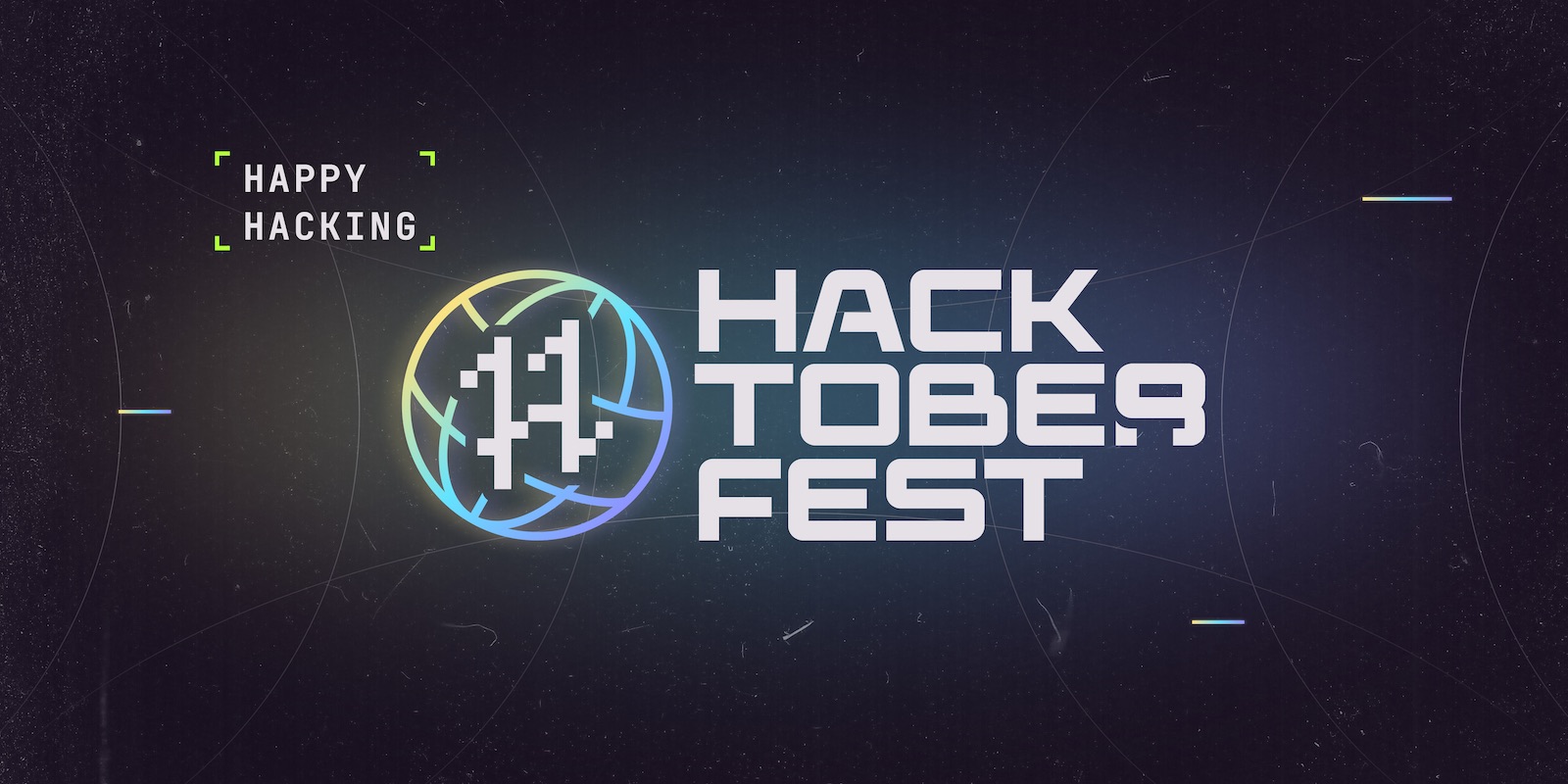A multipurpose Discord bot named after our lord and saviour chintu from whitehat.jr, This is the repository of chintu's official website.
These instructions will get you a copy of the project up and running on your local machine for development and testing purposes.
Node JSnpmoryarn
- Clone the repository
$ git clone https://github.com/Noob-Coders-Gang/Chintu-Bot-Web.git
$ cd Chintu-Bot-Web- installing the packages
$ npm install- start the webserver
$ npm start- output
You can now view chintubot in the browser.
Local: http://localhost:3000
On Your Network: http://***.**.**.*:3000
Note that the development build is not optimized.
To create a production build, use npm run build.
- open the website in your browser
- React Js - A JavaScript library for building user interfaces
If you want to contribute to a project and make it better, your help is very welcome. Contributing is also a great way to learn more about social coding on Github, new technologies and and their ecosystems and how to make constructive, helpful bug reports, feature requests and the noblest of all contributions: a good, clean pull request.
- Create a personal fork of the project on Github.
- Clone the fork on your local machine. Your remote repo on Github is called
origin. - Add the original repository as a remote called
upstream. - If you created your fork a while ago be sure to pull upstream changes into your local repository.
- Create a new branch to work on! Branch from
developmentif it exists, else frommaster. - Implement/fix your feature, comment your code.
- Follow the code style of the project.
- Add or change the documentation as needed.
- Squash your commits into a single commit with git's interactive rebase. Create a new branch if necessary.
- Push your branch to your fork on Github, the remote
origin. - From your fork open a pull request in the correct branch. Target the project's
developmentbranch if there is one, else go formaster! - If the maintainer requests further changes just push them to your branch. The pull request will be updated automatically.
- Once the pull request is approved and merged you can pull the changes from
upstreamto your local repo and delete your extra branch(es).
And last but not least: Always write your commit messages in the present tense. Your commit message should describe what the commit, when applied, does to the code – not what you did to the code.
See also the list of contributors who participated in this project.
This project is licensed under the MIT License - see the LICENSE file for details
